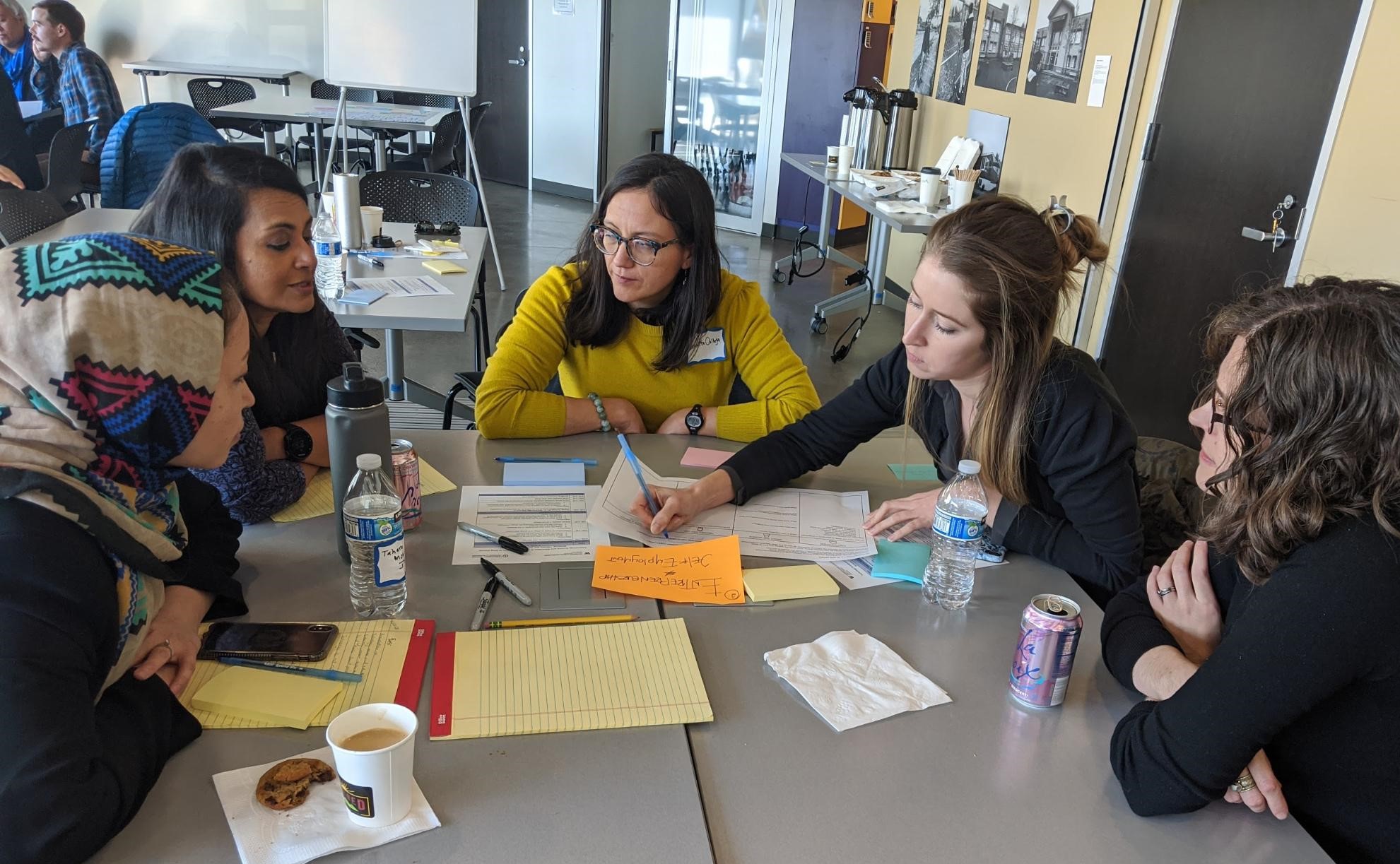
March 11, 2020
For refugee women in Seattle and King County, technology education plays a key role in learning to navigate life in their new community. Our research team explored refugee women’s experiences with technology-related programs and services as part of the Refugee Women and Technology Education project. The study is based on interviews with representatives from public…


